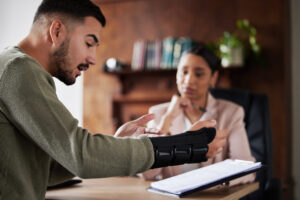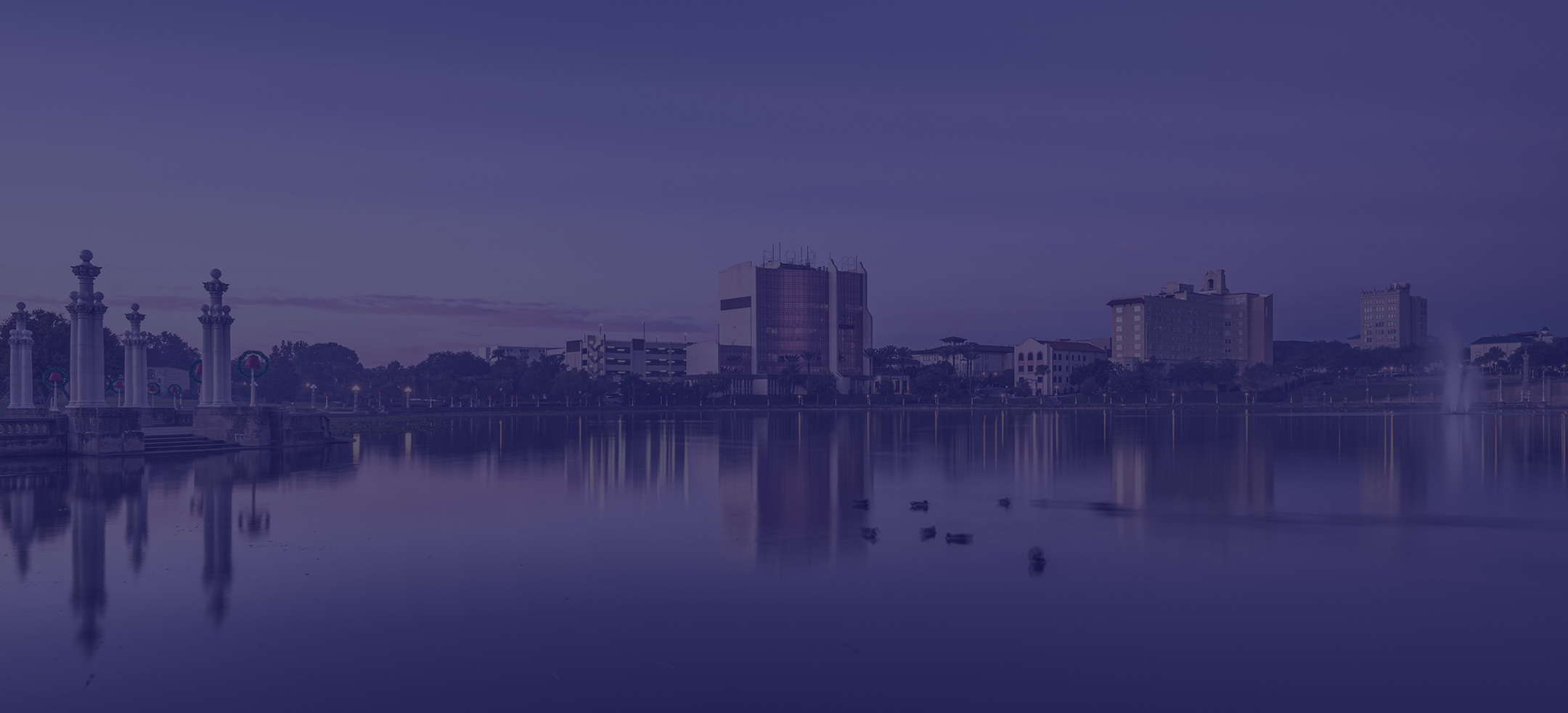
If you’ve been injured in or around the Lakeland, Florida area, you likely have lots of questions about how the legal process works, what your rights are, and what steps you should take. Below are detailed answers to commonly asked questions regarding personal injury matters, designed to help you understand your options and prepare for what lies ahead.
What Is a Personal Injury Case?

A personal injury case arises when someone suffers harm—physically, emotionally, or financially—because of another person’s negligent, reckless, or intentional actions.
Common examples include:
- Car accidents
- Truck accidents
- Motorcycle accidents
- Dog bites
- Bicycle accidents
- Pedestrian accidents
- Catastrophic injuries
- Medical malpractice
- Premises liability
- Nursing home abuse
- Workplace accidents
- Wrongful death
In each of these situations, the injured person may be entitled to pursue compensation from the at-fault party for medical bills, lost wages, pain and suffering, and other damages.
What Is a Personal Injury Case Worth?
One of the most common questions accident victims have is, “How much is my case worth?” The truth is, there’s no simple answer because every case is unique. The value of a personal injury claim in Lakeland depends on several factors—each tied to the specific details of your injury.
Below are the main factors that determine what your case may be worth:
- The extent of your injuries
- The cost of medical treatment
- Property repair estimates
- Insurance policy limits
- Whether you share fault for the accident
- The strength of the evidence supporting your claim
- How your life is impacted by your injuries
An experienced personal injury attorney will evaluate all aspects of your case—including medical treatment, evidence, liability, and insurance coverage—to determine the potential value of your claim and pursue full compensation through settlement or trial if necessary.
What Types of Damages Are Available to Accident Victims?
When you’re injured in an accident caused by someone else’s negligence, the law allows you to seek economic damages and non-economic damages in an effort to restore you, as much as possible, to the position you were in before the injury occurred.
Economic damages compensate you for the measurable, financial costs of your injury, including:
- Medical expenses
- Lost wages
- Diminished earning capacity
- Property damage
- Out-of-pocket expenses
Non-economic damages compensate you for the emotional impact of your injury, which may include:
- Pain and suffering
- Emotional distress
- Scarring and disfigurement
- Mental anguish
- Loss of enjoyment of life
In rare instances, punitive damages may be awarded in cases involving intentional misconduct or gross negligence.
With a strong case and skilled legal representation, you can pursue compensation that truly reflects the harm you’ve suffered—financially, physically, and emotionally.
What Is Comparative Fault and How Does It Affect My Case?
In many personal injury cases, determining who was at fault is not always clear-cut. Sometimes, both the injured person and the at-fault party share responsibility for the accident.
Florida follows a modified comparative fault system, which directly affects how much compensation you can recover after an accident. You can recover damages only if you are 50% or less at fault for the accident. If you are found more than 50% at fault, you are barred from recovering any compensation from the other party.
Understanding this rule is critical because it can significantly impact the outcome of your personal injury claim.
How Long Do I Have to File a Personal Injury Lawsuit in Florida?
After an accident, time is one of the most important factors in your personal injury case. The law limits how long you have to file a lawsuit through what’s called the statute of limitations. In Florida, you typically only have two years to file a personal injury lawsuit.
Missing the deadline can permanently bar you from recovering compensation, no matter how strong your case might be. Understanding and acting within these legal time limits is crucial to protecting your rights.
How Much Does It Cost to Hire a Personal Injury Lawyer in Florida?
In Florida, most personal injury lawyers work on a contingency fee basis. This means you pay the attorney a portion of your recovery (settlement or verdict) only if you win or obtain compensation. If you don’t recover compensation, generally you owe no attorney’s fees.
This fee arrangement allows victims to access legal representation without upfront fees or hourly billing, which is especially helpful when facing medical bills and lost wages.
What Should I Do After an Accident?
After you’ve been injured, time is of the essence in preserving your rights and building a strong claim.
Key steps to follow include the following:
- Report the accident
- Seek immediate medical attention
- Exchange contact and insurance information with everyone involved
- Take photos and videos of the accident scene and your visible injuries
- Obtain witness statements
- Notify the insurance company
By getting started promptly, you’ll maximize your chances of preserving relevant evidence and meeting important legal deadlines.
Contact the Lakeland Personal Injury Lawyer at Grajek Law Personal Injury Lawyers for a Free Consultation
Suffering a personal injury can turn your life upside down in an instant. Between medical appointments, lost income, and dealing with the insurance company, it’s easy to feel overwhelmed and unsure of what to do next. Understanding your rights and the legal process is the first step toward regaining control and pursuing the compensation you deserve.
If you or someone you love has been injured in the Lakeland area, contact Grajek Law Personal Injury Lawyers to schedule a consultation with a Lakeland personal injury lawyer.
